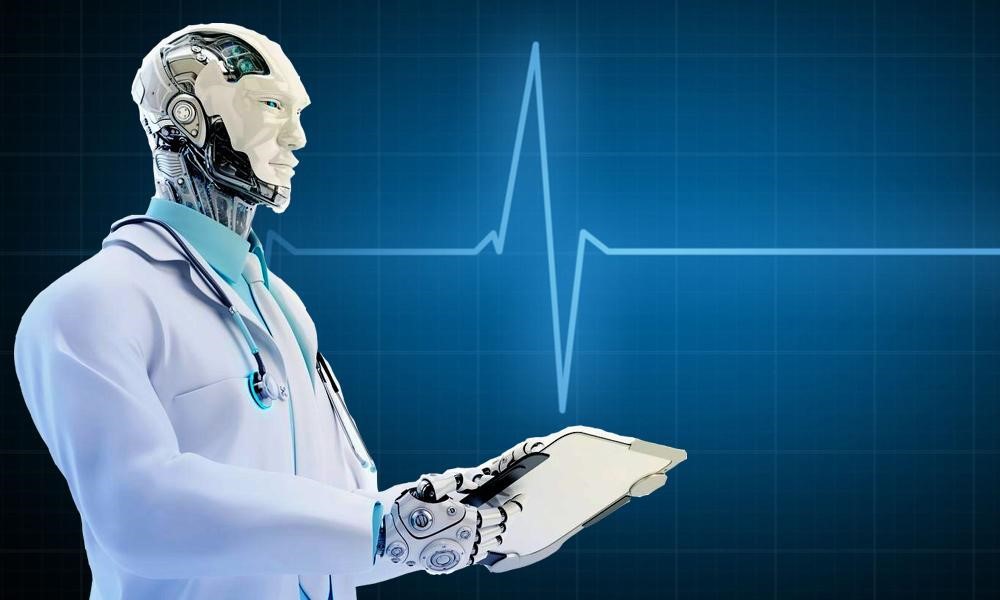
Artificial Intelligence (AI) is driving significant advancements across industries, and healthcare is no exception. With its unparalleled ability to analyze extensive datasets, identify patterns, and provide actionable insights, AI is becoming a critical component of modern medicine. Below are five key reasons why AI is set to revolutionize healthcare in the coming years.
Enhanced Diagnostic Precision
AI-powered tools are redefining the way medical conditions are diagnosed, offering exceptional levels of accuracy and efficiency. By utilizing advanced algorithms, AI can process medical images, lab results, and patient records to detect diseases such as cancer, cardiovascular conditions, and rare disorders earlier and more reliably than conventional methods. This heightened diagnostic precision enables healthcare professionals to make faster, better-informed decisions, ultimately improving patient outcomes and saving lives.
A New Era of Personalized Medicine
AI is transforming healthcare with a more personalized approach. By analyzing genetic data, medical histories, and lifestyle factors, AI creates treatment plans tailored to each patient. This reduces uncertainty, improves effectiveness, and minimizes side effects. For instance, Dr. Kristin Swanson from the Mayo Clinic leverages AI-driven models to enhance brain cancer treatments. Her technology analyzes tumor growth patterns to craft highly targeted therapies, resulting in significantly improved patient outcomes.
Transformative Advancements in Drug Discovery
AI is revolutionizing drug development by making the traditionally lengthy and expensive process more efficient. By identifying promising drug candidates, simulating their effects, analyzing vast datasets, predicting outcomes with high accuracy, and optimizing clinical trials, AI significantly reduces development timelines and costs. This innovative technology enhances drug discovery, ensures that life-saving medications reach patients more quickly, effectively, and affordably, advancing healthcare and improving lives globally like never before, while fostering groundbreaking advancements in precision medicine and personalized treatments.
Streamlining Administrative Processes
AI is also redefining administrative workflows in healthcare, alleviating the burden on medical staff. Tasks such as appointment scheduling, billing, patient record management, and even insurance claims processing can now be automated, allowing healthcare professionals to dedicate more time to patient care and personalized treatments. This operational efficiency not only enhances system performance but also contributes to a better overall patient experience and improved long-term outcomes for patients.
Improving Remote Care and Telemedicine
AI is at the forefront of advancements in remote healthcare, enabling continuous monitoring, virtual consultations, and personalized care. Wearable devices integrated with AI can track vital health metrics, such as heart rate, blood pressure, and oxygen levels, providing real-time insights into a patient’s health. Furthermore, AI-powered telemedicine platforms facilitate remote diagnoses, virtual consultations, and treatment recommendations, making healthcare more accessible, particularly for patients in underserved areas, those with chronic conditions, or individuals in remote locations.
Louis Mullie, co-founder of Pathway Medical, demonstrates the transformative potential of AI with an advanced platform designed to support clinicians in practicing evidence-based medicine, revolutionizing patient care through innovative technology. Louis-Antoine Mullie Pathway Medical is dedicated to utilizing advanced technology to enhance patient care and support informed clinical decision-making. AI is transforming healthcare with earlier diagnoses, personalized treatments, improved workflows, and increased access to care, creating a smarter and more equitable future in medicine.
